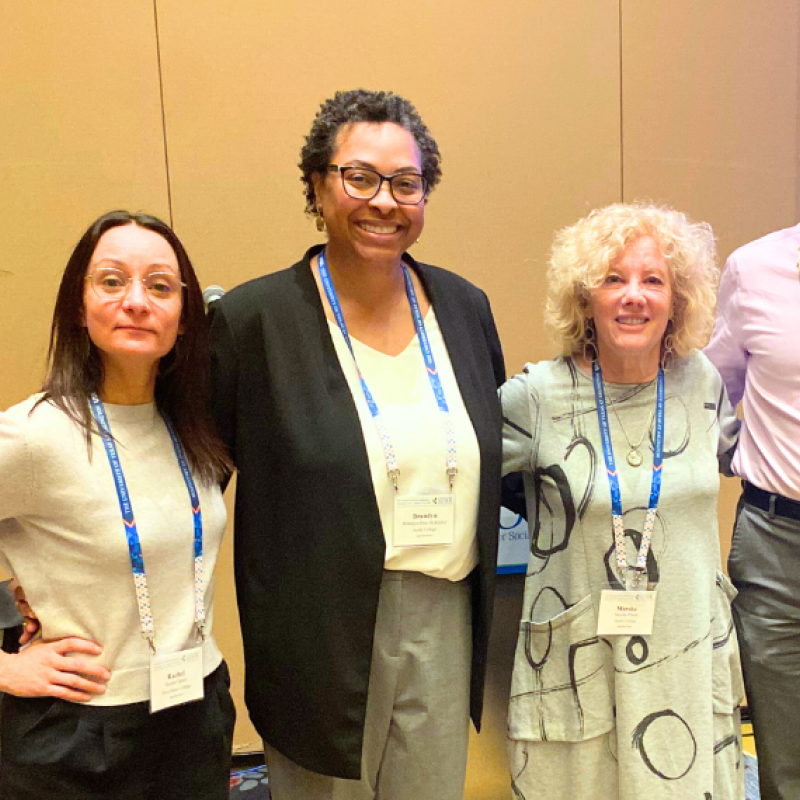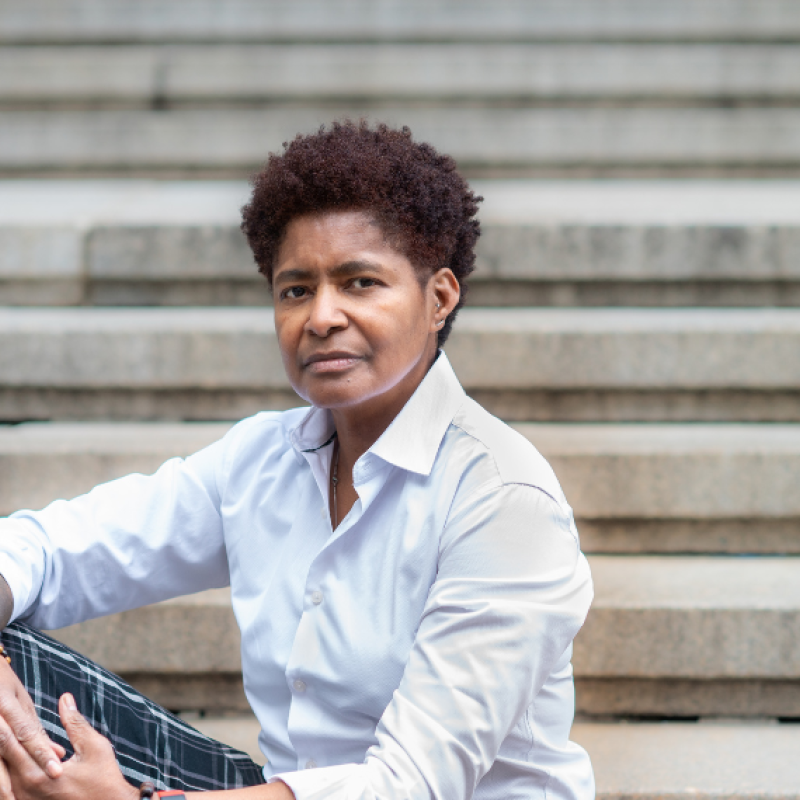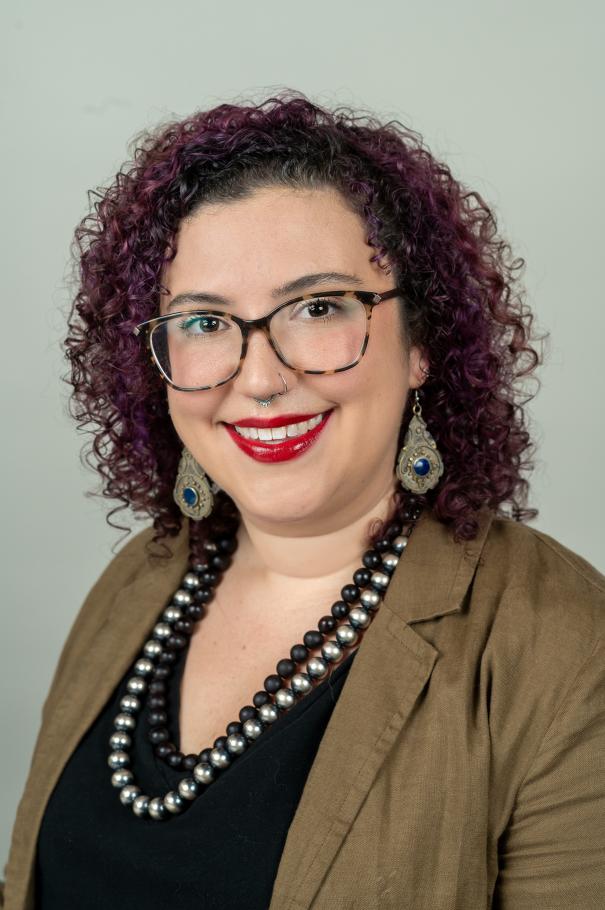
Hannah Biskind, LICSW, has long believed in the transformative power of social work. By deciding to pursue a Ph.D., she is building on that belief and directly contributing to the rigor of ethical social work education, research, and practice.
Currently the mental health program manager at Mass General Hospital (MGH) Center for Immigrant Health in Boston, MA, she is building an outpatient therapy program for immigrants where she provides direct clinical care while developing community psychoeducation workshops with a team of bilingual, bicultural community mental health workers.
“Much of my social work practice has intersected with the human rights of migrants, displaced peoples, unaccompanied immigrant children, and those seeking safety in both legal and healthcare settings.”
Her research interests center on forced migration, displacement, and understanding the immigrant experience.
Biskind’s social work journey prior to pursuing her Ph.D. included many nontraditional settings. From a counseling center in East Harlem to a red light district in central Mexico City where she worked with survivors of trafficking, she eventually found herself appearing in immigration court as a federally-appointed child advocate for detained, separated and unaccompanied immigrant children. One of the reasons Biskind says she loves social work is because there is a diverse array of ways to practice, and she encourages social workers to explore those opportunities to the fullest.
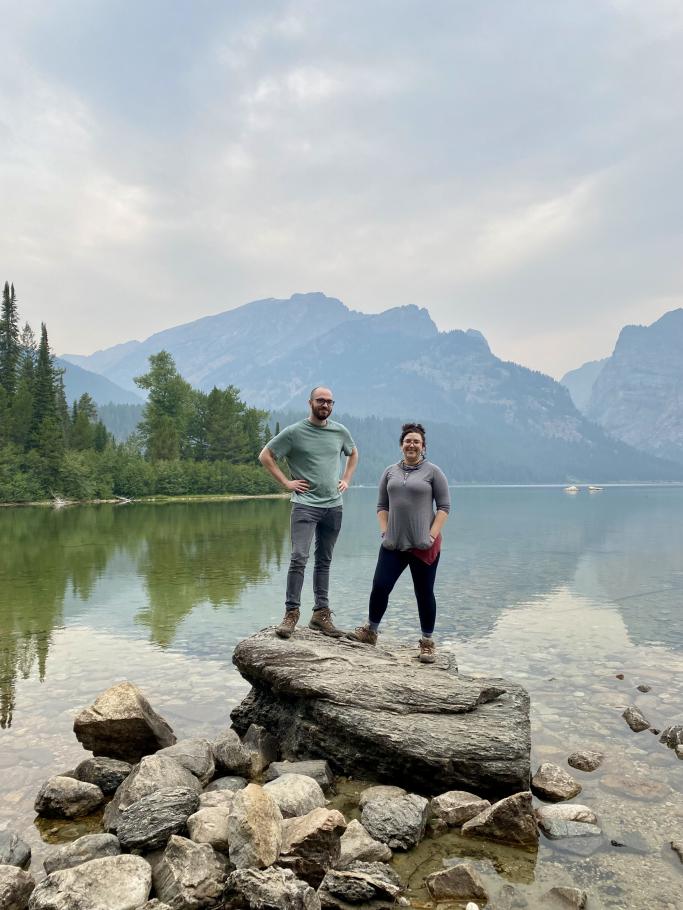
Bilingual in Spanish and English, Biskind’s work supports migrant and immigrant communities, as well as the social work students and medical providers who serve them. Biskind is currently the site leader for a research collaboration investigating the dissemination of a community health worker-led psychoeducation intervention that provides culturally and linguistically congruent mental health programming to immigrant communities.
“I’m passionate about bringing quality mental health services that are collaborative and person-centered, not driven by health insurance or one-size-fits-all approaches, to historically excluded communities such as those where folks speak languages other than English, may have limited or interrupted formal education, or lack health insurance and financial security.”
Recognizing the importance of bilingual supervision in promoting this type of care, she has sought out her own bilingual supervisors for her doctoral studies, as well as supervising bilingual Spanish-speaking M.S.W. students herself.
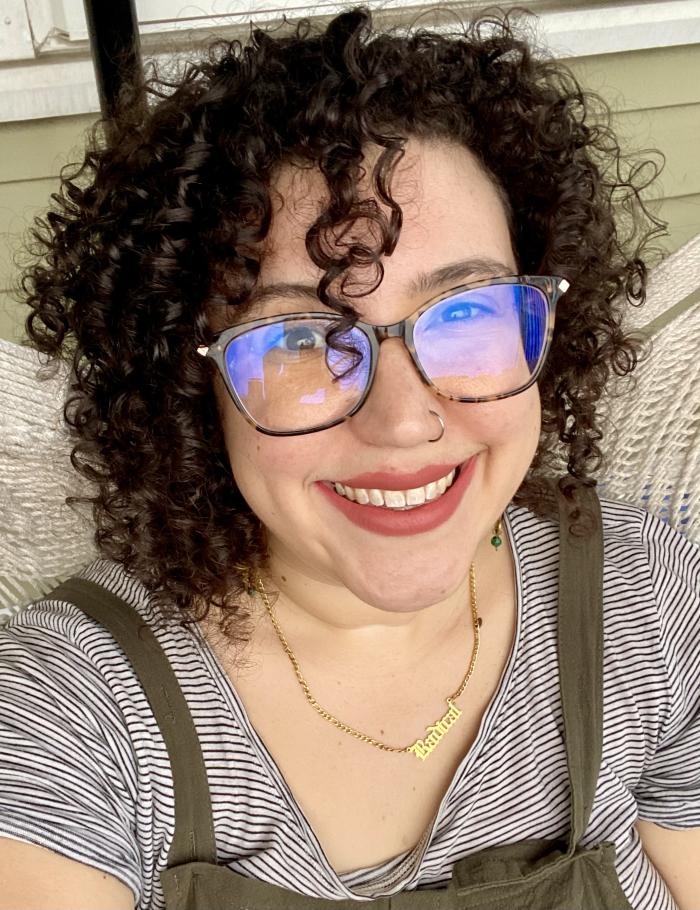
The structure of SSW’s Ph.D. program was a draw for her, allowing her to “continue investing in the community and program” she is building at the MGH Center for Immigrant Health while furthering her education. She says she was struggling with her desire to continue her direct practice work while also returning to school, and she can do both at SSW.
The theoretical grounding of a doctoral program was crucial to Biskind. Before attending SSW, she says she was looking for a doctorate program that brought together advanced clinical training grounded in psychodynamic theory and rigorous qualitative research. “Smith was the only program like this!”
During her M.S.W. studies at Hunter College, Biskind was introduced to the writings of Ignacio Martín-Baró, the founder of liberation psychology, by her professor Martha Bragin, Ph.D., LCSW. This theoretical framework changed how she approached her work and was instrumental in her decision to pursue a doctorate at SSW.
When Biskind took an intersectionality class in summer 2024 with Adjunct Professor Maria del Mar Fariña, M.S.W. ’98, Ph.D.’15, students learned about applying liberation psychology to their clinical work, and Biskind was able to use that conceptual framework in her qualitative research classes.
“Deepening my understanding and integration of liberation psychology with both Dr. Bragin and Dr. del Mar Fariña has deeply impacted my social work practice.”
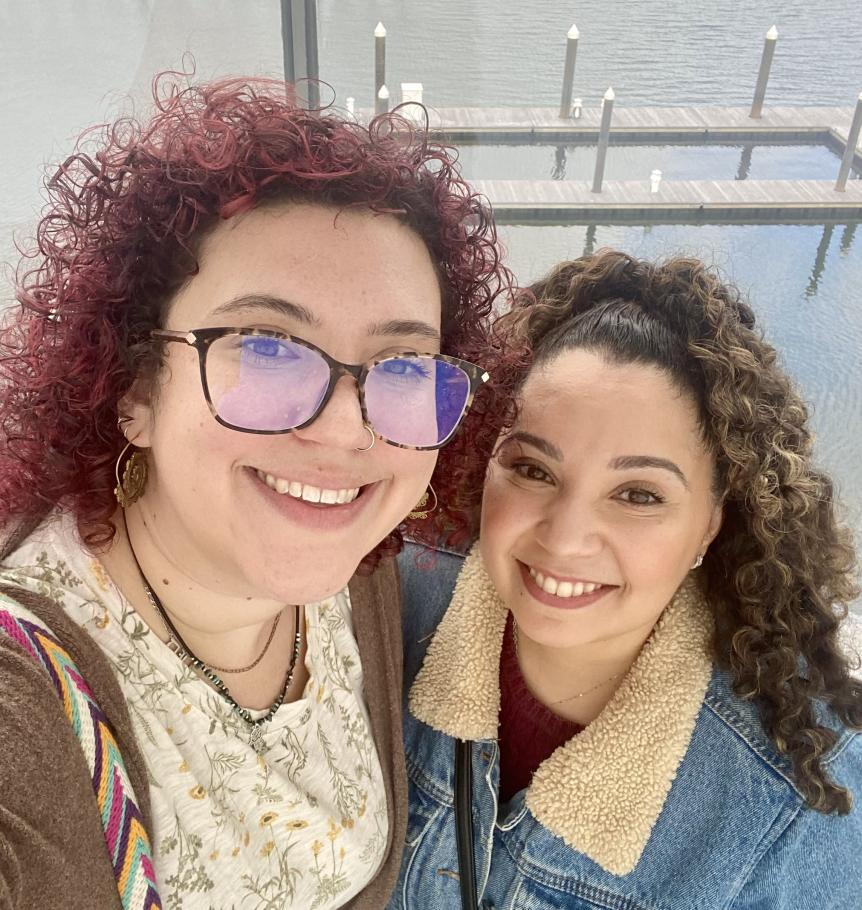
Biskind is also inspired by the work of psychologist Neil Altman, Ph.D., who she was introduced to in del Mar Fariña’s class, and his writings that advocate for psychoanalytic, psychodynamic longitudinal psychotherapy in community mental health settings.
In line with Biskind’s liberation and person-centered approach, she says that immigration reform is one of the most important social justice issues to her personally and to her work, both as a descendant of Jewish immigrants from Europe and as an advocate who has worked with migrant communities for over 15 years. Currently, she volunteers at the MGH Asylum Clinic where she conducts psychological evaluations for people in immigration proceedings where new challenges are faced daily.
“The blatant attack on the human rights of immigrants that is happening right now in this country makes this work especially urgent. Our collective humanity is at stake.”

